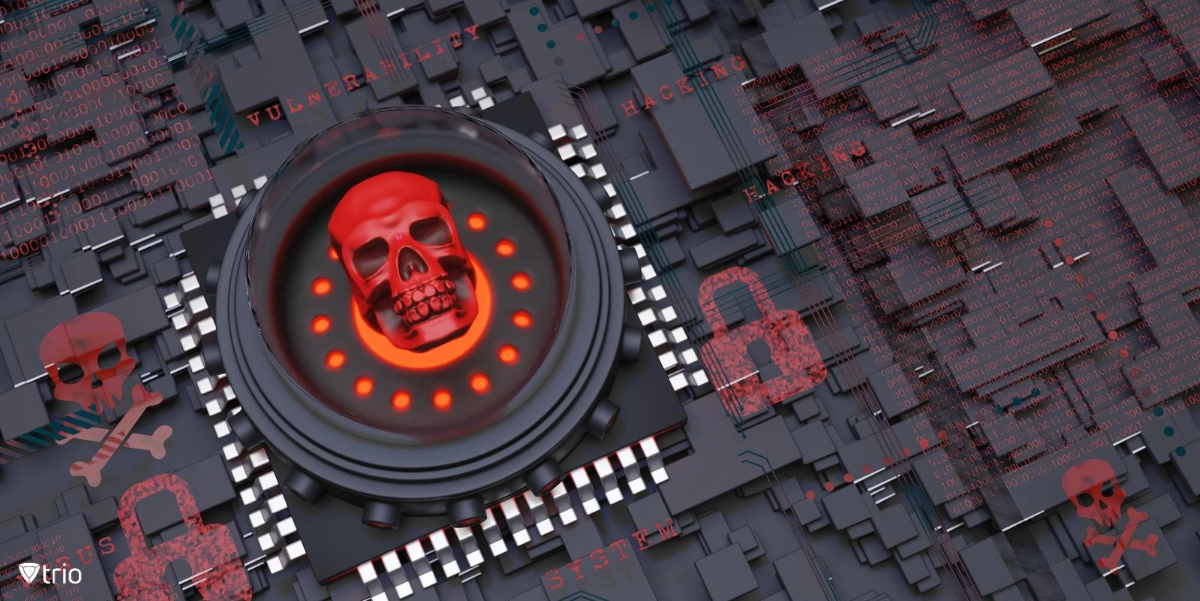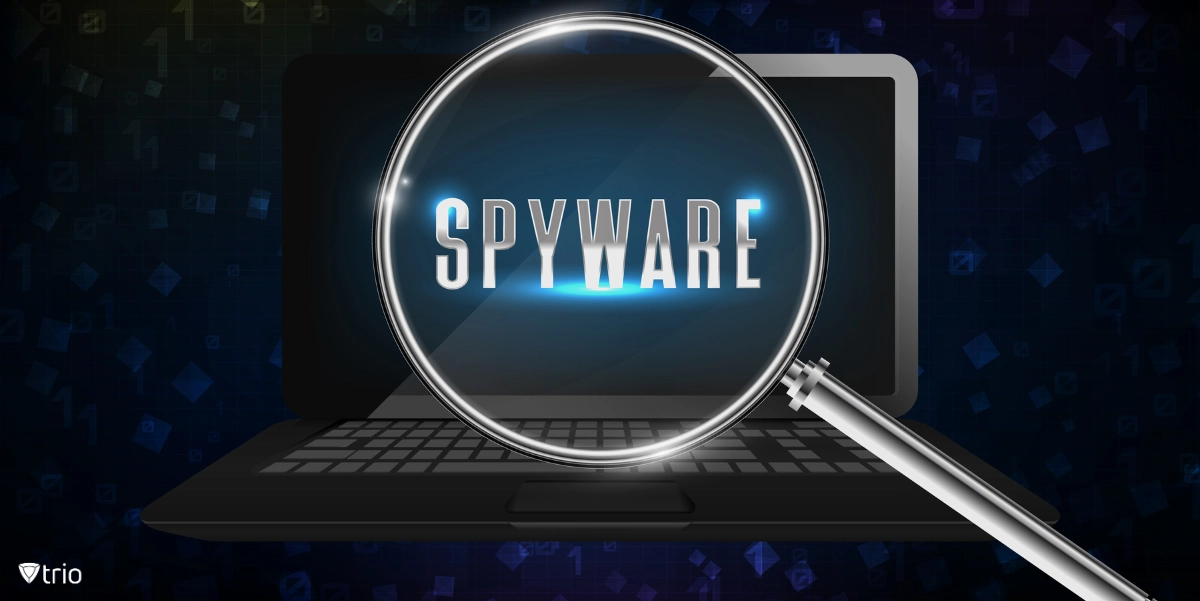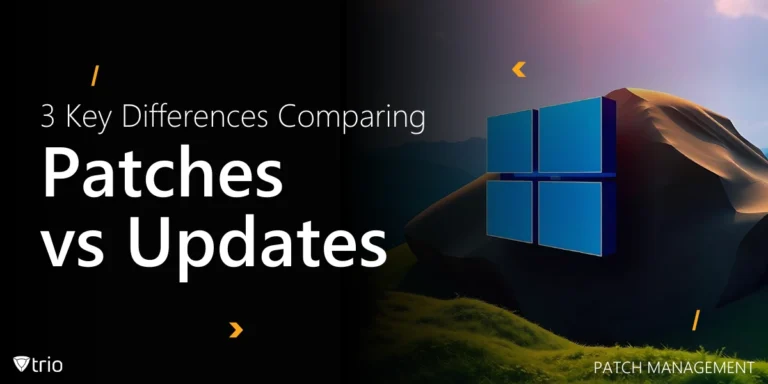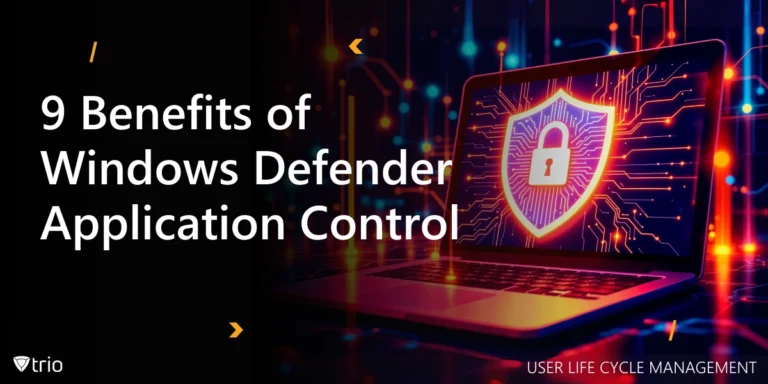As an IT administrator, dealing with the menace of spyware is a robust part of your job description. Cybercriminals are becoming more innovative, deploying spyware that stealthily infiltrates systems, leading to crucial data theft and system disruption. This comprehensive guide delineates what spyware’s meaning is, its various types, and the best practices IT administrators can adopt for preventing spyware.
What Is Spyware: A Shallow Dive into the Deep Web
Spyware, by definition, is malicious software that infiltrates a computer system, stealthily gathering information about an individual or organization without their knowledge. It can monitor your online activities, steal sensitive data, and even take control of your device.
Types of Spyware
Not all spyware are created equal. They come in various types, each with unique characteristics and threats. Here are a few examples:
Keyloggers: This type of spyware records every keystroke made on a device, capturing passwords, credit card numbers, and other sensitive information.
Adware: While not always harmful, adware often comes bundled with spyware that tracks your browsing habits and personal data to deliver targeted ads.
Trojans: Trojans masquerade as legitimate software but carry malicious code that can steal information or harm your system.
Understanding these types of spyware lays the groundwork for effective spyware prevention and a spyware free ecosystem.
Identifying Spyware: Know Your Enemy
Identifying spyware requires vigilance and the right tools. Antivirus software, spyware scanners, and intrusion detection systems can help you spot and eliminate spyware threats. However, the first step is understanding the potential impacts on your organization. The severity of a spyware threat can be evaluated based on its potential to disrupt operations, compromise data integrity, and pose a threat to the overall system’s security.

Proactive Spyware Prevention: An Ounce of Prevention is Worth a Pound of Cure
Taking a proactive approach to spyware prevention can save your organization from potential data breaches, financial loss, and damage to your reputation. Here are some strategies:
- Implement Security Software: Use robust anti-spyware, antivirus, and firewall software to provide a first line of defense against spyware and other malicious software.
- Block Suspicious Websites: Configure web browsers to block pop-ups and restrict access to potentially harmful websites.
- Educate Employees: Make sure your employees are aware of the risks of spyware and train them on safe online practices.
- Leverage MDM Solutions: Mobile Device Management (MDM) solutions can provide comprehensive protection for corporate mobile devices, preventing spyware infiltration.
Responding to Spyware: Swift Action for Swift Resolution
Even the best defenses may occasionally fail, and spyware may infiltrate your systems. In such cases, having a response plan in place is crucial. Swiftly detect and isolate the infected systems, conduct a thorough investigation, and implement remediation measures. Regular updates and patches for both devices and MDM solutions are essential to secure your systems against the latest threats.
Employee Education: An Informed Workforce is a Secure Workforce
Training your employees to recognize and avoid potential spyware threats is a fundamental part of any robust spyware prevention strategy. Regular training sessions, real-world simulations, and ongoing communication about the latest threats can help create a security-conscious culture within your organization. Additionally, implementing Mobile Threat Defense (MTD) solutions for mobile devices can provide an extra layer of protection against spyware and other mobile threats, ensuring comprehensive security across all endpoints.

Best Practices for Spyware Prevention Through MDM Solutions
Implementing a comprehensive spyware prevention program requires a multi-faceted approach. Regular risk assessments, robust security policies, and the strategic use of technology all play a role. Here are some best practices:
Establish a Spyware Prevention Program: Develop and implement a comprehensive program that includes policies, procedures, and technical controls to prevent spyware.
Conduct Regular Risk Assessments: Regularly evaluate your systems and processes to identify potential vulnerabilities and assess the associated risks.
Implement an MDM System: A robust Mobile Device Management (MDM) system can provide comprehensive protection for corporate mobile devices, preventing spyware infiltration.
The Trio MDM solution, for instance, can be a valuable tool in the fight against spyware. It provides control and oversight over the use of smartphones, tablets, and other mobile devices, ensuring that they adhere to security policies and protocols.
Try out Trio’s free demo and see how you can make a difference in mitigating and managing IT risks.
Continuous Improvement: Adapting to an Ever-Evolving Threat Landscape
The digital landscape is constantly evolving, with new spyware threats emerging regularly. It’s crucial to stay agile, regularly reassessing your spyware prevention strategies and adapting to new threats. Regular updates, continuous monitoring, and a commitment to continuous improvement are all vital to maintaining effective spyware prevention.
See Trio in Action: Get Your Free Trial Now!
Conclusion: Preventing Spyware in Your Business
Spyware poses a significant threat to businesses, but with the right strategies and tools in place, it’s a threat that can be effectively managed. By understanding what spyware is, how to identify it, and how to prevent it, IT administrators can keep their systems secure and their data safe. Remember, an ounce of prevention is worth a pound of cure when it comes to spyware prevention.




